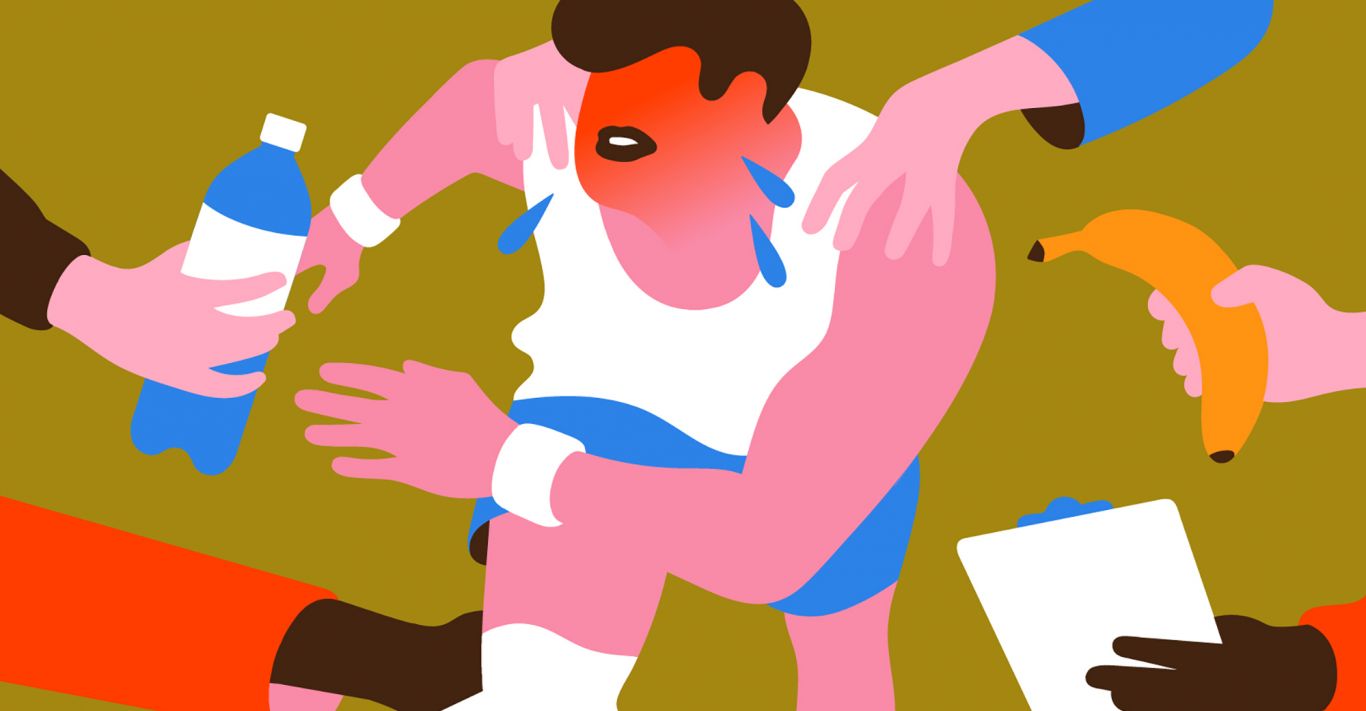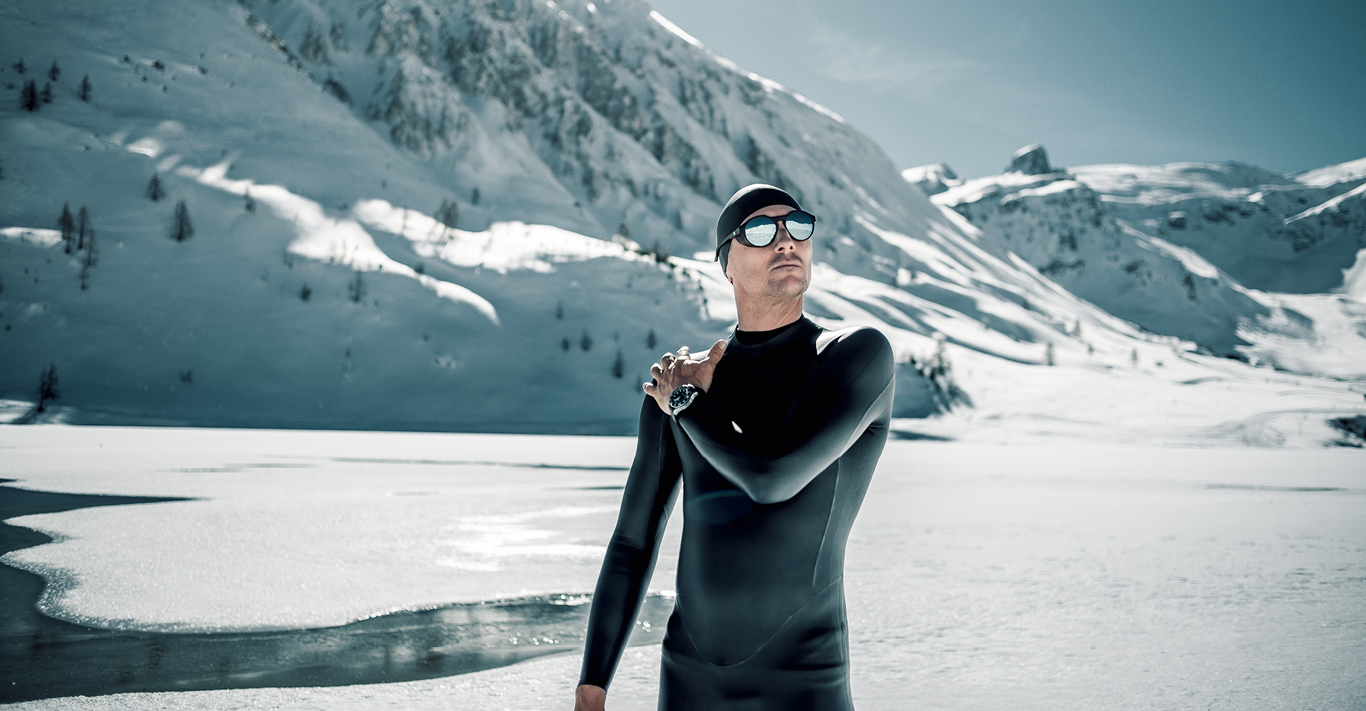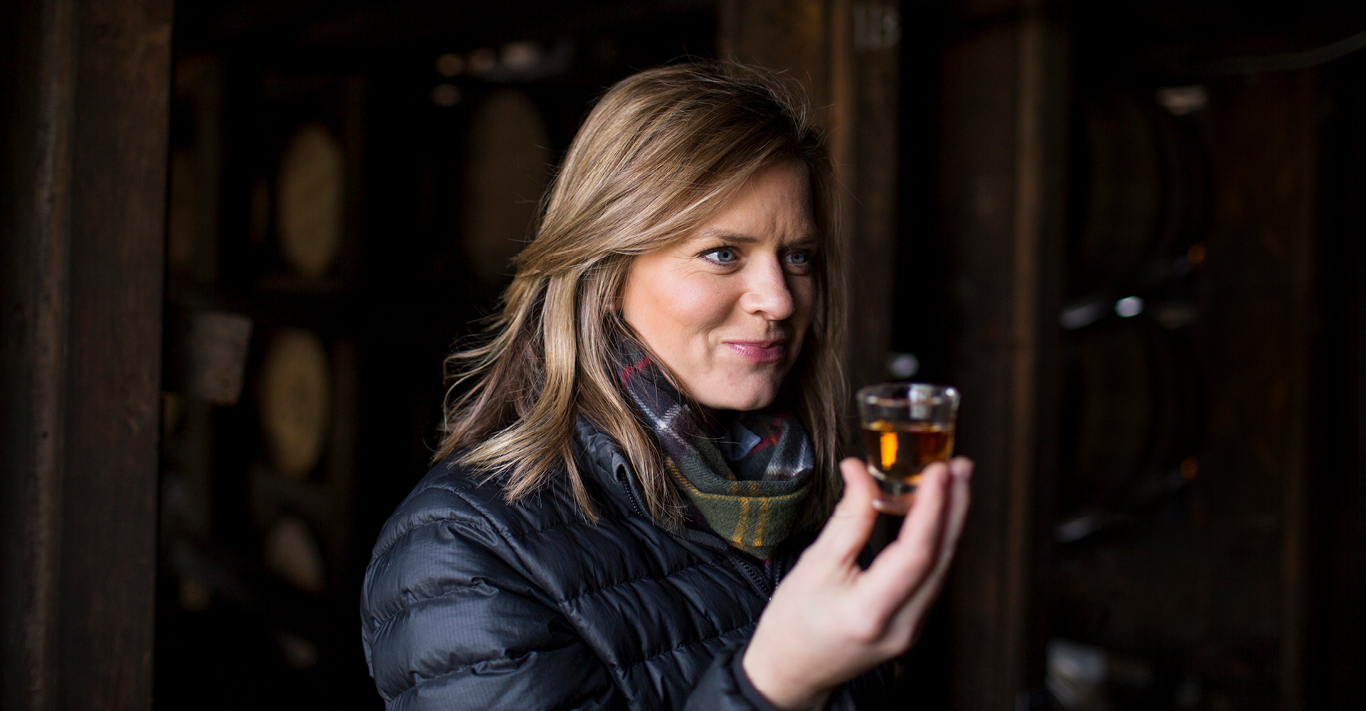WORDS
Peter Howarth
ILLUSTRATION
Lisa Tegtmeier
If you’re thinking of taking up a physical challenge anytime soon – like running a marathon, participating in an Ironman Triathlon or maybe looking at an ambitious trek, climb or ski – then add a visit to Pure Sports Medicine into your preparation programme.
So advises Dr Michael Burdon, head of sports medicine and consultant in sport and exercise medicine at the Pure Sports Medicine group of practices that have sprung up in London since 2002, when Australian founder Andrew Willett identified the need for somewhere that offered a holistic approach to sports injuries.
Willett was an ex-pro rugby player studying for his MBA at Oxford when he snapped his Achilles tendon during a match. His experience at A&E, where he saw a lack of clarity about where he should go or who he should see, led him to dream up Pure Sports Medicine. Dr Burdon explains that at that time there was a problem, as experienced by Willett, for people who presented themselves at a GP’s surgery or in A&E with a sports injury. If it was serious they would likely be directed towards surgery. If not, they might be told to simply rest up, or visit a physio. If things didn’t improve, the chances were that there would be no other path to go down than the medical one. All roads, it seemed, led to some form of procedure, without exploring any of the alternatives.
Today, Pure Sports Medicine offers a multidisciplinary approach. ‘We have a team of sports specialists and doctors at each clinic,’ says Dr Burdon. ‘There are medical doctors such as myself, and physiotherapists, podiatrists, soft tissue therapists, strength and conditioning coaches, Pilates instructors, chiropractors and osteopaths. We work together, cross-referring and collaborating to achieve the best patient outcome. Pure Sports Medicine was in the vanguard of the recognition of a new area of medical practice. In 2005, the concept of sport and exercise as a medical speciality was recognised by the General Medical Council for the first time, and seen as an equivalent to, say, cardiology or gynaecology. It was entered into the specialist register, says Dr Burdon, explaining that to call yourself a consultant in a medical discipline you have to be on that register.
Judging by the expansion of the Pure Sports Medicine business – now at six clinics in the capital – it was much needed. And with the majority of them in the City – Finsbury Square, Canary Wharf, Threadneedle Street and Chancery Lane – Dr Burdon is aware that the competitive nature of those who work in finance extends from work to recreation. ‘We see a real mix of sports injuries, but also injuries relating to all sorts of exercise; and then more musculoskeletal issues, such as knee pain, back pain and shoulder pain.’ In fact, these are the most common complaints seen. ‘This can be as a result of bad posture,’ explains Dr Burdon, ‘and for knees, it’s often sporting-related arthritis, through wear and tear.’
Indeed, that’s what I came in for. I played a lot of sport when I was a teenager, and had been a committed runner for years. One day, my left knee ached, and after several months’ physio, things improved slightly, but before long my right knee had joined in the protest. On the recommendation of a friend, I visited Pure Sports Medicine. Dr Burdon has since helped me discover definitively what’s wrong (wear and tear, sadly), and follow a new pattern of exercise that won’t exacerbate it.
I wish now, with hindsight, that I had sought advice before I developed problems – on my running shoes, running style, and programme. Perhaps it would have made no difference, or, perhaps by integrating non-impact exercise, such as swimming and cycling, I might have prolonged the effectiveness of my knees.
Dr Burdon is keen that people develop more of a preventative attitude to their exercise regimes. ‘If you’re planning to compete in a marathon, for example, we’d recommend regular sessions of soft tissue therapy, and/or some time with a strength and conditioning coach to get stronger to prevent injury.’ And even for those not tackling extreme challenges, there is a benefit to be derived from the occasional check-up. ‘Exercise is fundamental to health,’ says Dr Burdon. ‘We should all be doing 150 minutes of aerobic exercise a week to reduce the risk of illness, diabetes and heart disease. But obviously, when people do exercise, some get injured. We’re here to help you prepare or get better, from prehab to rehab, whether you’re climbing Everest or just climbing the stairs.’





